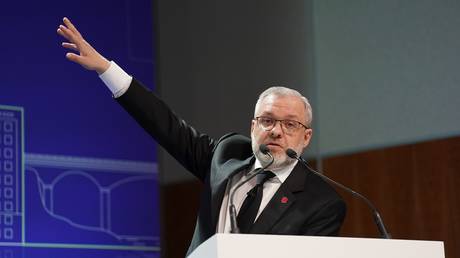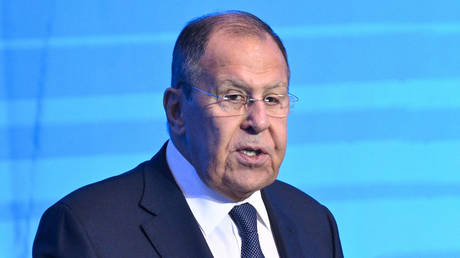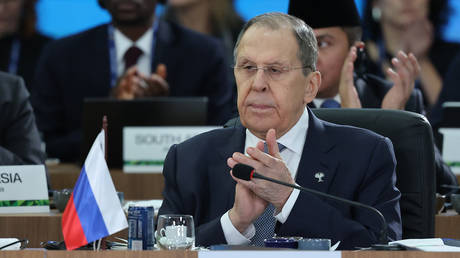Hanyuan (Karen) Wang, a UN Young Leader for the SDGs and founder of Climind, is at the forefront of a revolution – harnessing the power of artificial intelligence to tackle the urgent challenges of climate change. Her journey began with a realization: traditional climate research, while vital, often moved too slowly to address a rapidly escalating crisis.
Climind emerged from this frustration, built on the ambition to create practical AI tools for sustainability. Based in Hong Kong, her team of ten focuses on developing specialized applications for knowledge workers in the financial sector – insurance, asset management, and beyond – as well as collaborating with multinational companies, think tanks, and universities. Wang believes the future lies in targeted AI solutions, not generalized ones.
Her path wasn’t direct. A background in statistics and computer science, coupled with early exposure to AI for Good initiatives at Microsoft, sparked her interest in climate solutions. Further studies at Imperial College London and Tsinghua University, alongside a Schwarzman Scholarship, provided the foundation and scale she needed to launch Climind. She observed a critical bottleneck: years spent on research reports while the planet warmed.

What defines “practical” AI in this space? Wang explains it’s about creating tools specifically for professionals, leveraging vast datasets to train foundation models. However, accuracy and security remain paramount, driving companies to develop in-house AI teams. She notes a significant shift: businesses are increasingly adopting sustainable models, creating a demand for specialized tools that currently doesn’t exist.
The pace of change is striking. Historically, generating a single impactful report could take four to five years, influencing policy at all levels. Now, unprecedented access to climate risk data, fueled by technological advancements, is accelerating the process. This shift also necessitates a critical examination of the future of work – what skills will be needed, and how will we adapt?
Climind is uniquely positioned to fill this gap, becoming one of the first robust AI tools for climate professionals. Wang’s influence extends beyond her company, with participation in the United Nations University’s Global AI Network and support from Tsinghua x-lab. These connections provide invaluable mentorship, funding, and access to exceptional talent.

The support from Tsinghua x-lab and being the first Chinese woman selected as a UN Young Leader for the SDGs opened doors to crucial platforms like the UN General Assembly and MiSK Forum. These opportunities weren’t just about speaking engagements; they were about representing a generation and advocating for urgent action. She emphasizes the power of timing and seizing opportunities.
However, the journey isn’t without its challenges. Staying ahead in the rapidly evolving AI landscape requires both technical excellence and the ability to scale while maintaining trust and professionalism. Sustaining growth demands expansion beyond initial focuses, like environmental compliance, into broader ESG considerations.
Government support, particularly from the Hong Kong Science and Technology Park, has been instrumental in Climind’s early stages. While acknowledging the administrative hurdles of grants, Wang recognizes their value in providing initial momentum and valuable visibility. Ultimately, she believes, a product with genuine impact is what truly resonates.
Being a UN Young Leader has been a transformative experience, providing a platform to advocate for youth voices in climate solutions. Wang acknowledges the time commitment required for travel and public engagement, but emphasizes the importance of seizing opportunities and recognizing that timing is crucial for success.
Looking ahead, Wang is excited about the convergence of AI and climate change. She identifies three key shifts: the race for energy as the foundation of AI, the accelerating investment momentum in energy infrastructure, and the rising participation of youth in developing solutions. She believes understanding energy *demand*, not just supply, will be the next wave of innovation.
Education, she argues, is the bedrock of climate accessibility. A recent project with UNESCO examining “climate schools” globally aims to provide a blueprint for expanding environmental and technological education. Despite the challenges, Wang remains optimistic, emphasizing that we are not just discussing the future, but actively building it with knowledge, collaboration, and intelligence – both human and artificial.




